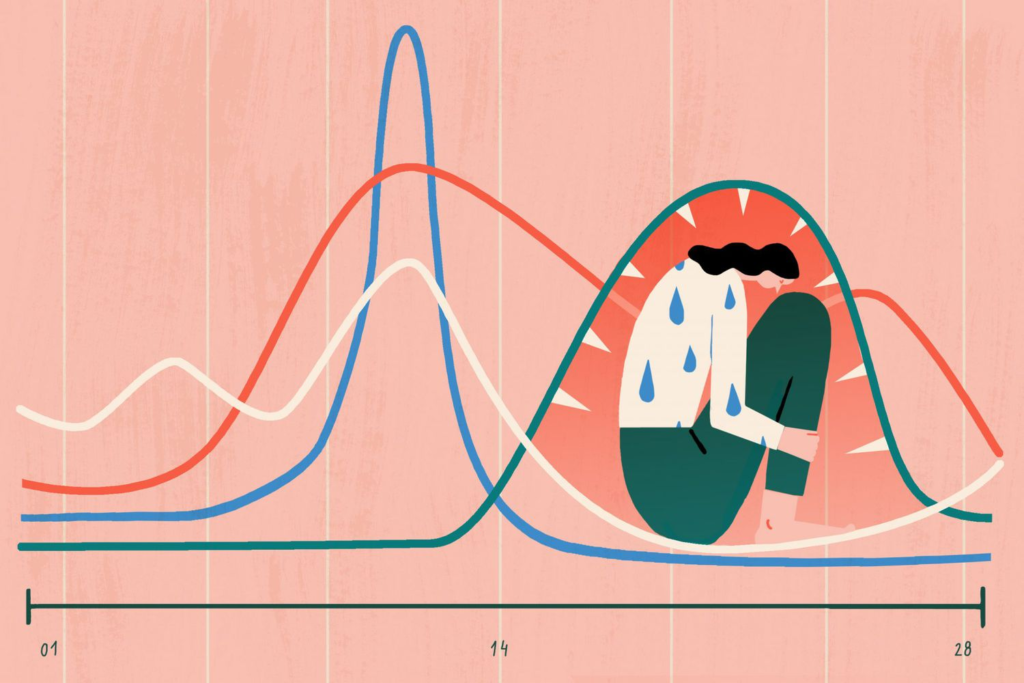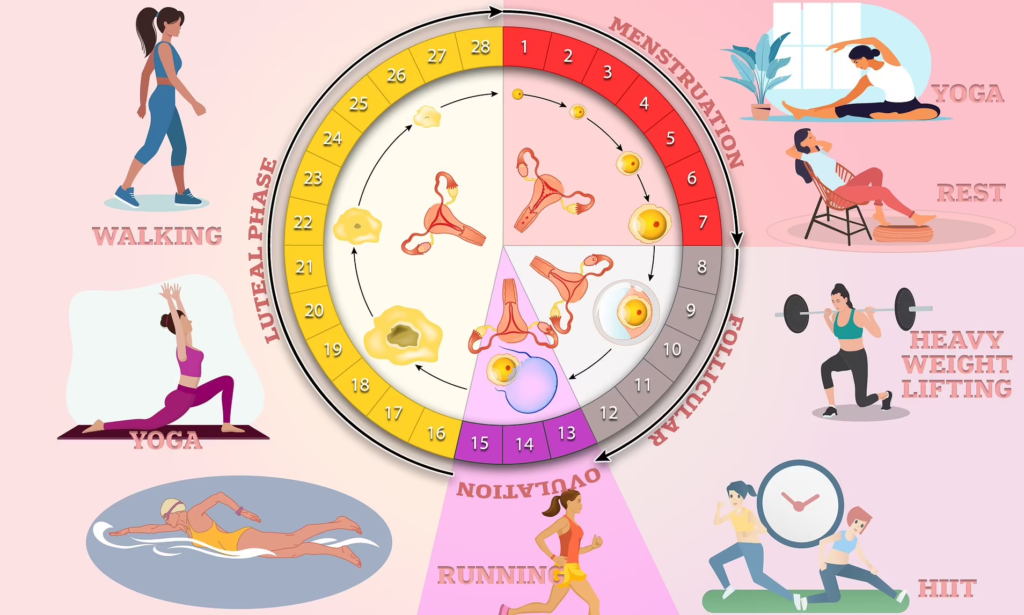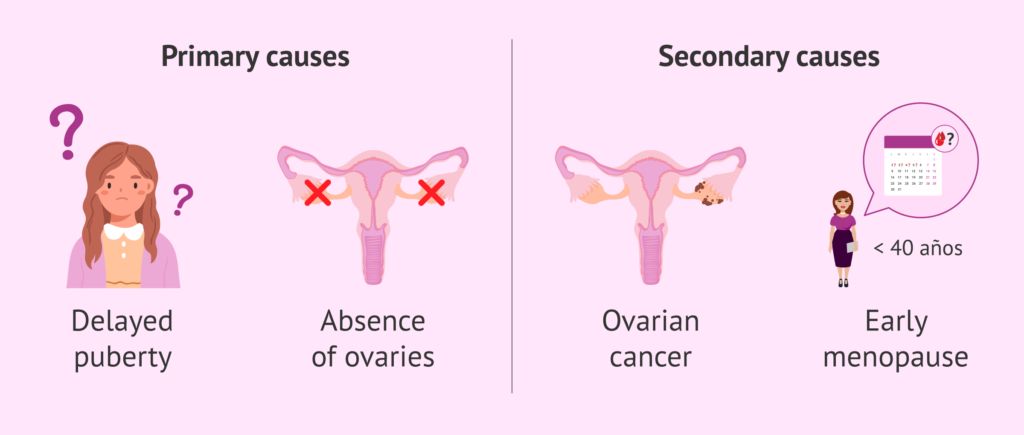The menstrual cycle is an essential and normal aspect of a woman’s life, but many women are confused and anxious about its complexities, particularly if their periods are late or delayed. Gaining insight into the causes of these delays can reassure people and give them confidence in their own bodies. We will examine the different variables that can cause menstrual periods to stray from normal patterns in this post. We will combine real knowledge with a human touch to compassionately address any concerns.
Anxiety and Mental Health:

The human body functions as a finely balanced system of mental and physical health. Stress can throw hormone balance out of whack, whether it comes from personal problems, work-related pressures, or even big life changes. Elevated stress levels cause the body to release cortisol, which can disrupt menstrual cycle regularity. It’s critical to recognise the significance of mental health; regaining equilibrium and controlling periods can be achieved by managing stress with the use of emotional support, exercise, and relaxation techniques.
Exercise and Nutrition:

The foundations of a healthy lifestyle are a well-balanced diet and consistent exercise. Hormones can be affected by abrupt weight fluctuations, strict diets, or vigorous exercise. Amenorrhea is a temporary cessation of menstruation caused by low body weight or severe exercise. However, hormonal balance can also be upset by fat. Regular menstrual cycles can be achieved by maintaining a healthy balance between a balanced diet and moderate activity.
Hormonal Misbalances:
Period irregularities can result from hormonal imbalances, which are frequently brought on by diseases like polycystic ovarian syndrome (PCOS) or thyroid issues. In instance, PCOS alters the function of the ovaries, leading to irregular ovulation. The synthesis of hormones necessary for menstruation can be hampered by thyroid conditions. Menstrual cycle regulation and the management of these problems can be aided by seeking the diagnosis and proper therapy from a healthcare provider.
Prescription Drugs and Birth Control:

Menstrual regularity may be affected by certain birth control techniques, particularly hormonal ones like pills, patches, or injections. Stopping these techniques could also result in short-term abnormalities while the body adjusts. In a similar vein, certain drugs—like antipsychotics or chemotherapy—can have an impact on the menstrual cycle. It’s crucial to talk about possible side effects with medical professionals and understand how prescription drugs may affect menstrual cycles.
The Menopause and Puberty:

The body experiences major hormonal changes when it enters puberty and matures into adulthood. During the first few years of life, menstrual periods may be erratic. Comparably, irregular menstruation may eventually stop as menopause approaches, which often occurs in the late 40s or early 50s. Being aware of these normal life phases can ease anxiety and bring comfort.
Physical, psychological, and hormonal variables interact intricately during a woman’s menstrual cycle. Even while sporadic anomalies are typical, significant or persistent abnormalities need to be taken seriously. For a proper diagnosis and course of treatment, consulting with healthcare professionals is essential. People can prioritise overall well-being while enjoying the natural oscillations of their bodies and approaching their reproductive health with confidence and compassion if they are aware of the numerous causes of delayed or late periods.

